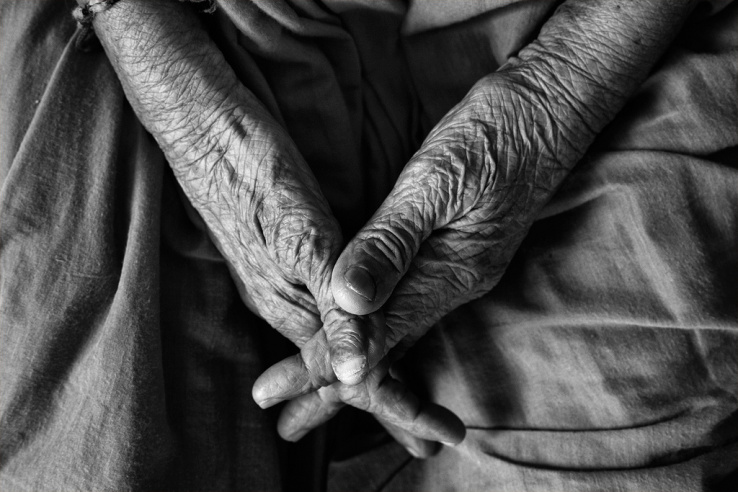Palo Alto Longevity Prize: a million dollars for slowing the aging process

As you know, not so long ago, Google founded a subsidiary Calico , which deals with issues of immortality, or, if simpler, the "treatment of old age." Google and partner companies (one of them is the pharmaceutical giant from Chicago, AbbVie Corporation) have enough finances to support research of any scale and intensity. Now the size of the investment in Calico is one and a half billion dollars.
However, the other day another project was announced to combat old age and death. This is the Palo Alto Longevity Prize Prize , which is $ 1 million. The award was announced in San Francisco, and it will be presented to a scientist or a team who can cope with two identified issues (respectively, the scientist or team receives $ 500,000 each for solving each question).
')
The first question, or more precisely, the problem is the restoration of the heart rate of the “old” animal (it’s not about man yet) to the indicators of the period of youth. Scientists believe that such a result is possible only in the case of the return of "youthful homeostasis."
The second problem is an increase in the life of the animal by 50% .
The verification of the results will be carried out by comparing the data in experimental animals with the data of the control group of animals of the same species. Unfortunately, it is not yet known what kind of animal we are talking about.
Any team of scientists can participate in the competition, but there is also a control factor: those who wish must pay a starting fee in the amount of $ 1,000 to $ 2,000, the size of the fee depends on the time of registration.
The results of the study on the first issue should be received no later than June 2016, the second - no later than September 2018.
Already, 11 research teams have expressed a desire to participate in the project:
Doris Taylor, Ph.D.
Texas Heart Institute, Houston, TX
http://paloaltoprize.com/team/team-taylor-lab/
TEAM NAME: THI REGENERATIVE MEDICINE (approach: stem cells)
Dongsheng Cai, MD, Ph.D.
Albert Einstein College of Medicine, New York, NY
http://paloaltoprize.com/team/cai-lab/
TEAM NAME: CAI LAB (approach: hypothalamic regulation) Andreas Birkenfeld, MD
Charite University School of Medicine, Berlin, Germany
http://paloaltoprize.com/team/team-indy/
TEAM NAME: INDY (approach: gene modification)
Jin Hyung Lee, Ph.D.
Stanford University, Palo Alto, CA
http://paloaltoprize.com/team/team-lee-lab/
TEAM NAME: LEE LAB (approach: neuromodulation)
David Mendelowitz, Ph.D.
George Washington University, Washington, DC
http://paloaltoprize.com/team/team-mendelowitz-lab/
TEAM NAME: MENDELOWITZ LAB (approach: oxytocin)
Scott Wolf, MD
Mountain View, CA
http://paloaltoprize.com/team/volts-medical/
TEAM NAME: VOLTS MEDICAL (approach: inflammatory tissues)
Irving Zucker, Ph.D.
University of Nebraska Medical Center, Omaha, NE
http://paloaltoprize.com/team/team-zucker-lab/
TEAM NAME: ZUCKER LAB (approach: neuromodulation)
Brian Olshansky, MD
University of Iowa Medical Center, Iowa City, IA
http://paloaltoprize.com/team/team-olshansky-lab
TEAM NAME: IOWA PRO-AUTONOMIA (approach: not yet public)
William Sarill, MA
Arlington, MA
http://paloaltoprize.com/team/team-sarill-lab/
TEAM NAME: DECO (approach: pituitary hormones)
Steven Porges, Ph.D.
University of North Carolina, Chapel Hill, NC
http://paloaltoprize.com/team/team-porges-lab/
TEAM NAME: POLYVAGAL SCIENCE
(approach: optimizing both the left & right vagal branches)
Shin-Ichiro Imai, MD, Ph.D.
Washington University, St. Louis MO
http://paloaltoprize.com/team/imai-lab/
TEAM NAME: IMAI LAB (approach: gene modification)
Source: https://habr.com/ru/post/237051/
All Articles